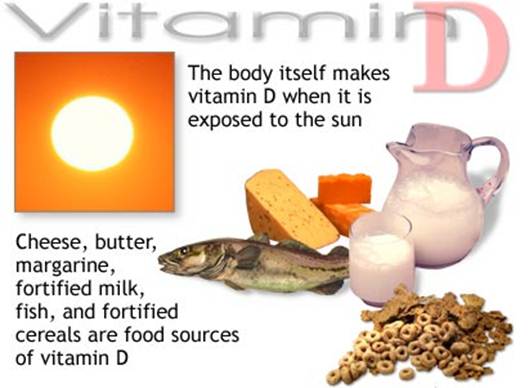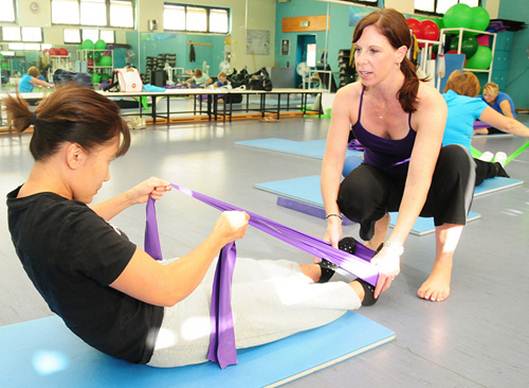Week 9
Increase your vitamin D intake

Last year, the Institute of Medicine in the
US increased its recommendations for the first time since 1997. Kids and young
adults need 400 IUs of vitamin D every day, up from 200 IUs. You can get this
amount from supplements, or D-rich sources like milk.
Limit the booze
Women should consume no more than three
alcoholic drinks in one day, and no more than seven in a week. Meanwhile, men
should have no more than four drinks in a day, with a maximum of 14 in a week,
says Dr. Katherine J. Gold, of the department of family medicine, at the
University of Michigan Medical School, in the US. And, we know what’s on your
mind: Even if you’re only drinking on weekends, it’s still not OK to
overindulge.
Scratch one activity off your kid’s
schedule.
Art and craft workshop, phonics class,
swimming session, piano lessons… while it’s tempting to let your child
experience as much as he can, remember, some children are inherently able to
handle several activities at once, but others may feel irritable and pressured.
Try holding off on an activity for now and deciding later whether your child is
really missing out.
Try a yoga, or Pilates class.

“I’d rather have people do yoga and Pilates
instead of always going to the gym, because these activities improve muscle
strength and help with flexibility and mental relaxation,” says Dr. Andy
Pasternak, of the Silver Sage Center for Family Medicine, in Nevada, US. Yoga’s
also great for kids, so try a DVD to do together at home, or look for
parent-child classes that you can enjoy together.
Week 10
Find out whether your child is in the
need for an iron supplement.

Iron deficiency is one of the more common
problems among young children, and iron is crucial for cognitive and
behavioural development between birth and age 3. Iron’s also especially
important for low-birthweight babies and preemies: iron supplements reduce
their risk of developing iron deficiency and anaemia, according to a recent
study published in Pediatrics, in the US. After 1 year, when kids become more
active physically, they should be getting enough iron from iron-rich foods like
red meat, lentils, and fortified cereals. “If your child is looking pale, you
should schedule an appointment with the doctor. The doctor will recommend a
blood test to screen for iron deficiency,” says Child Advisor Dr. Rajiv
Chhabra.
Research and record medical history.
“This is vital because so many diseases and
conditions are genetic,” says Dr. Stephen Adams, a family physician in
Chattanooga, US. “It’s most crucial to know about your parents and siblings.
They share half of the same genes you do.” Dr. Adams suggests creating this
quick checklist: You and your partner should ask your parents whether there are
any diseases that show up repeatedly in family members, including heart
disease, cancer, blood pressure, or genetic disorders. Write it all down, and
take it with you when you see the doctor.
Tackle that one project you keep blowing
off.
Can’t get around to organizing your
drawers? Have a paper pile just waiting to be sorted? Bills that desperately
require filing? Sometimes, especially when you have a baby or a toddler, you
just don’t have the extra minutes to spend on the secondary stuff. But then
there’s also plain old procrastination. A German study found that people who
think of tasks in abstract terms were much more likely to proceastinate than
those who thought about them in concrete terms – the specific how, when, and
where of doing the task. The message: If you want to get something done, stop
thinking about it and start planning how to break it down into small daily
goals. So, instead of “Clean scary, overflowing cupboard,” think “Set aside two
hours, sort out desk, or fill up two boxes with donations from the kids’
shelves,” and get down to de-cluttering.
Want a kid who likes to exercise? Set a
good example!

Now that you’re more active, keep a steady
commitment. Your kids may complain about the new, more athletic you at first,
but soon they’ll get it. “If you simply tell them, ‘I’m a runner, so I run in
the morning,’ that will quickly become the new normal,” says Dr. S. Hughes
Melton, a US-based family physician.